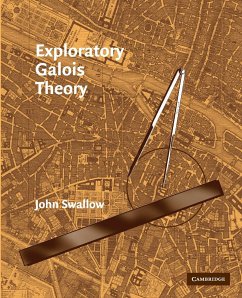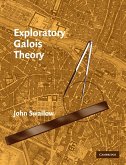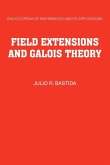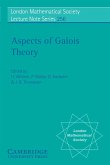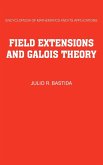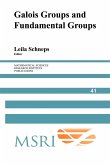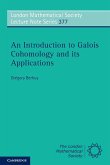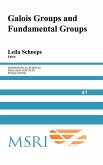Short description/annotation
Combining a concrete perspective with an exploration-based approach, Exploratory Galois Theory develops Galois theory at an entirely undergraduate level.
Main description
Combining a concrete perspective with an exploration-based approach, Exploratory Galois Theory develops Galois theory at an entirely undergraduate level. The text grounds the presentation in the concept of algebraic numbers with complex approximations and assumes of its readers only a first course in abstract algebra. The author organizes the theory around natural questions about algebraic numbers, and exercises with hints and proof sketches encourage students' participation in the development. For readers with Maple or Mathematica, the text introduces tools for hands-on experimentation with finite extensions of the rational numbers, enabling a familiarity never before available to students of the subject. Exploratory Galois Theory includes classical applications, from ruler-and-compass constructions to solvability by radicals, and also outlines the generalization from subfields of the complex numbers to arbitrary fields. The text is appropriate for traditional lecture courses, for seminars, or for self-paced independent study by undergraduates and graduate students.
Table of contents:
1. Preliminaries; 2. Algebraic numbers, field extensions, and minimal polynomials; 3. Working with algebraic numbers, field extensions, and minimal polynomials; 4. Multiply-generated fields; 5. The Galois correspondence; 6. Some classical topics; Historical note.
Combining a concrete perspective with an exploration-based approach, Exploratory Galois Theory develops Galois theory at an entirely undergraduate level.
Main description
Combining a concrete perspective with an exploration-based approach, Exploratory Galois Theory develops Galois theory at an entirely undergraduate level. The text grounds the presentation in the concept of algebraic numbers with complex approximations and assumes of its readers only a first course in abstract algebra. The author organizes the theory around natural questions about algebraic numbers, and exercises with hints and proof sketches encourage students' participation in the development. For readers with Maple or Mathematica, the text introduces tools for hands-on experimentation with finite extensions of the rational numbers, enabling a familiarity never before available to students of the subject. Exploratory Galois Theory includes classical applications, from ruler-and-compass constructions to solvability by radicals, and also outlines the generalization from subfields of the complex numbers to arbitrary fields. The text is appropriate for traditional lecture courses, for seminars, or for self-paced independent study by undergraduates and graduate students.
Table of contents:
1. Preliminaries; 2. Algebraic numbers, field extensions, and minimal polynomials; 3. Working with algebraic numbers, field extensions, and minimal polynomials; 4. Multiply-generated fields; 5. The Galois correspondence; 6. Some classical topics; Historical note.

